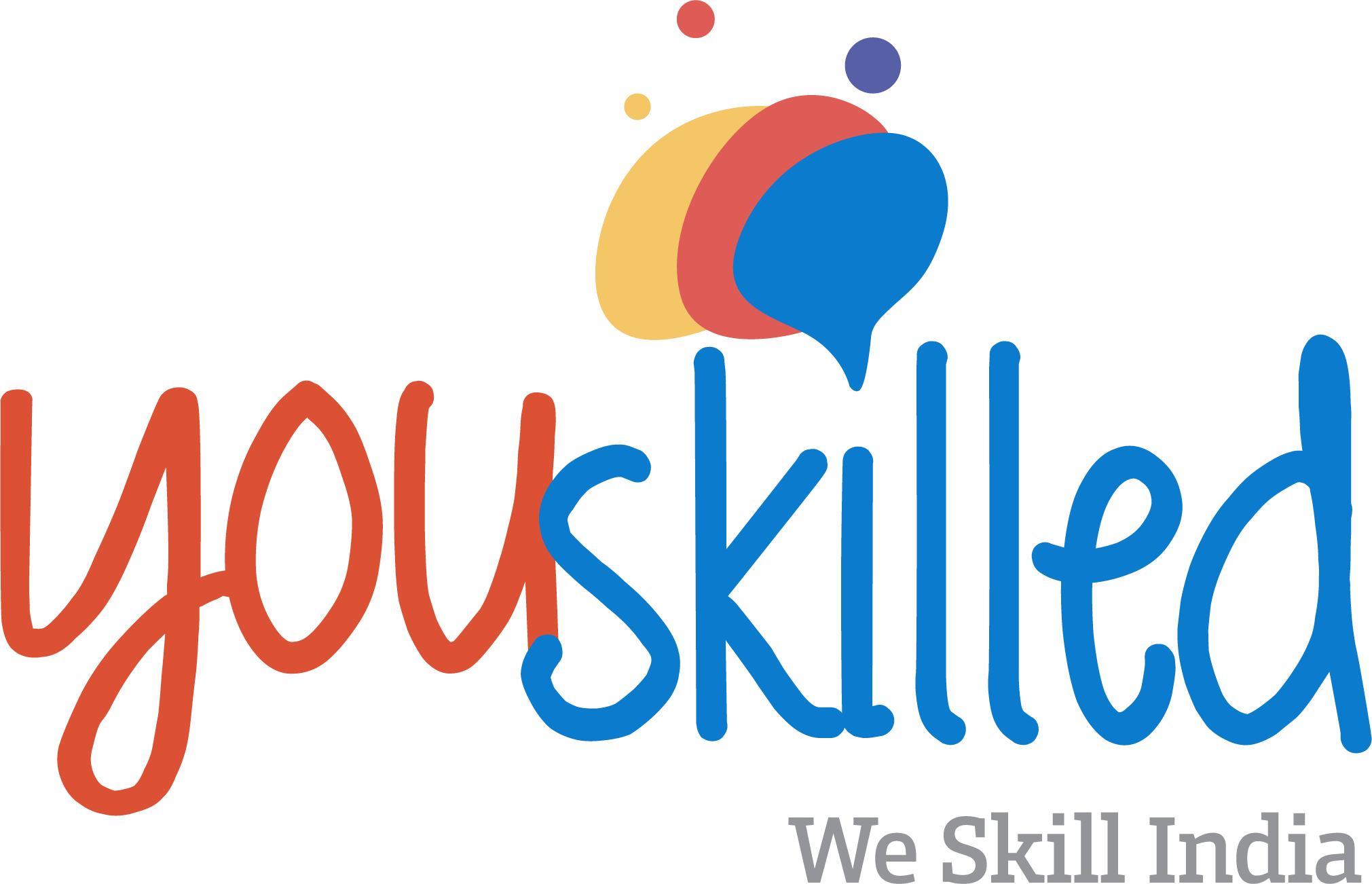You probably know, at least roughly, where your money goes. You have a budget for your home, your groceries, and your bills. But have you ever stopped to ask the same question about your most valuable and finite resource? Where does your attention go? In an age of infinite distraction, learning to control your attention is the single most important skill for a well-lived life.
We often think of our focus as something that is taken from us by a constant stream of notifications and demands. But the great poet Mary Oliver offered a different, more empowering perspective. She saw attention not as a passive state, but as a deliberate, lifelong practice. As she wrote in her book of essays, “Yes! No!”:
“To pay attention, this is our endless and proper work.”
Your focus is your most valuable currency. What you pay attention to is what your life becomes. This guide will explore the challenges of the modern attention economy and provide three powerful ways you can learn to control your attention and invest it in what truly matters.
The Attention Economy: The Battle for Your Focus
The reason it feels so hard how to focus better is that you are in the middle of a war for your attention, and you probably don’t even realize it. The business model of many of the world’s largest companies is to capture as much of your time and focus as possible and then sell it to advertisers.
Every app, every website, and every feed is engineered to be as engaging and addictive as possible. This is the attention economy. In this environment, your attention is not just a resource; it is a commodity. If you are not intentional about where your attention goes, powerful forces will gladly direct it for you, often toward things that do not serve your long-term goals or well-being. This is why learning [how to become indistractable] is no longer a luxury, but a necessity for modern life.

3 Powerful Ways to Control Your Attention
Reclaiming your focus is an act of rebellion. It’s a conscious choice to live a more intentional life. Here are three practical strategies to begin your “endless and proper work.”
1. Conduct an “Attention Audit”
Just like a financial audit, an attention audit gives you an honest look at where your currency is actually going.
- The Practice: For one day, keep a simple log. Every hour, jot down what you spent the majority of the last hour paying attention to. Was it your work? Your family? Social media? The news?
- Analyze the Gap: At the end of the day, compare your log to your stated values. You might say you value your health, but the audit might reveal you spent only 10 minutes moving your body and two hours worrying about work emails after hours.
- The Goal: The purpose is not to judge yourself, but to gather data. This awareness is the first step toward making more conscious choices about where your attention goes.
2. Practice “Monotasking”
Multitasking is a myth. What you are actually doing is “task-switching,” rapidly moving your attention between different things. This process is inefficient and exhausting for your brain. The antidote is to practice monotasking—doing one thing at a time.
- The Practice: Choose one important task. Set a timer for 25 minutes. During that time, give that single task your full, undivided attention. When the timer goes off, you can take a break.
- Why it works: This practice strengthens your “attention muscle.” The more you do it, the better you become at sustaining focus. This is a core tenet of learning how to focus better. The practice of [mindfulness meditation for beginners] is one of the most effective ways to train this muscle.
3. Curate Your Information Diet
You are the gatekeeper of your own mind. You have the power to choose what information you allow in.
- Be Intentional: Instead of passively consuming whatever the algorithm feeds you, choose your information sources with intention. Unfollow accounts that make you feel anxious or angry. Subscribe to newsletters or podcasts that are aligned with your goals and values.
- Create Friction: Make it harder to access low-quality distractions. Remove social media apps from your phone’s home screen.
- Schedule Your Consumption: Designate specific, limited times for checking news and social media, rather than letting it bleed into every spare moment of your day.
For more on the profound importance of attention, you can find discussions on this topic in major publications like The Atlantic, which often cover the impact of the attention economy.
Conclusion: Your Life is the Sum of Your Attention
The wisdom of Mary Oliver attention philosophy is a powerful reminder that our life experience is not defined by the events that happen to us, but by what we choose to notice. What you pay attention to grows.
If you consistently pay attention to your anxieties and distractions, your world will feel anxious and distracting. If you learn to control your attention and intentionally direct it toward your work, your relationships, and the beauty of the present moment, your world will feel rich, meaningful, and full.
What will you invest your most valuable currency in today? The quality of your day, and ultimately your life, depends on your answer.



